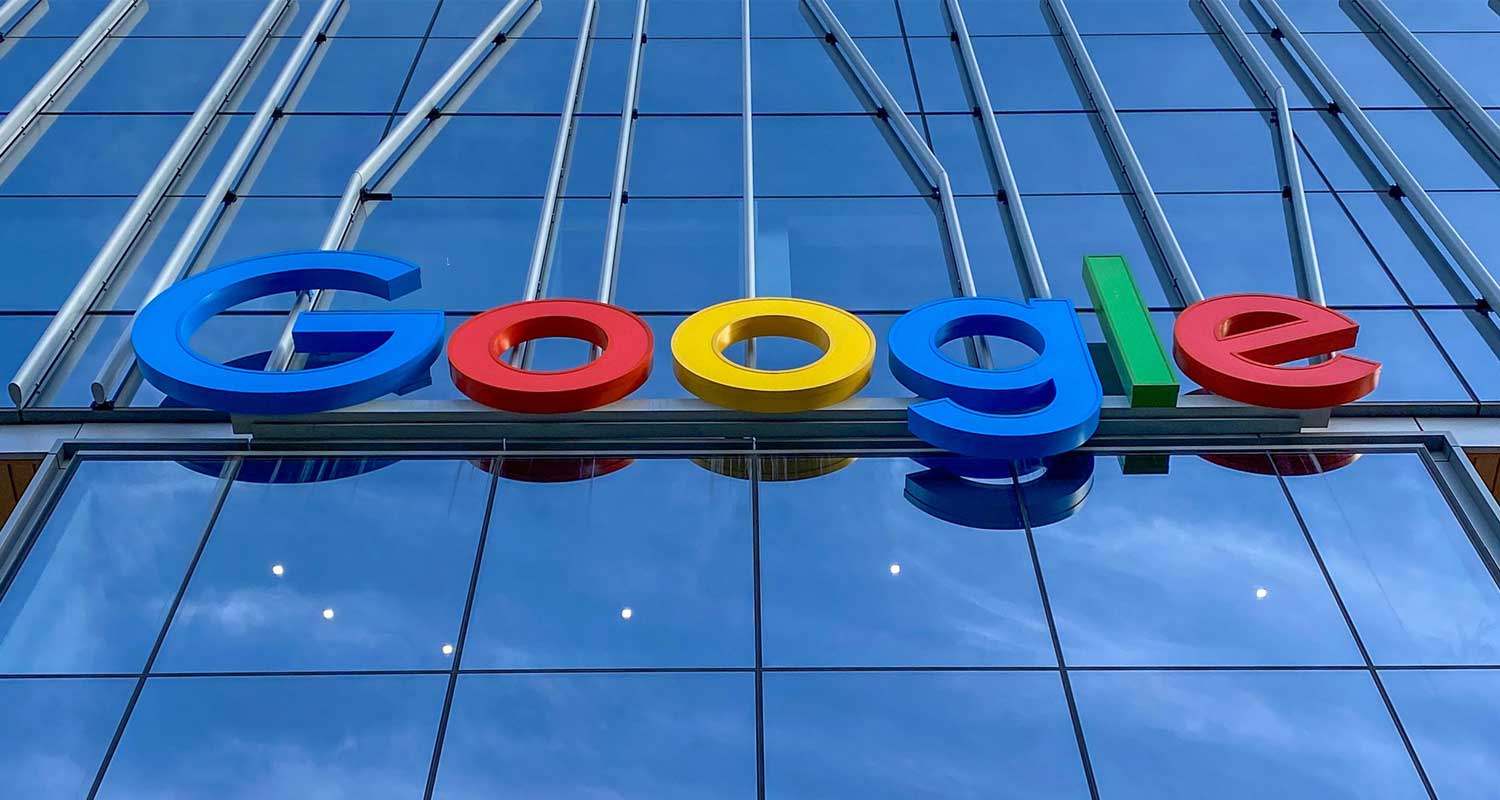 A rebound in the advertising businesses of Google, Meta Platforms and Snap signalled that the growing adoption of artificial intelligence was drawing marketers to digital platforms even in an uncertain economy.
A rebound in the advertising businesses of Google, Meta Platforms and Snap signalled that the growing adoption of artificial intelligence was drawing marketers to digital platforms even in an uncertain economy.
The three companies surpassed quarterly revenue expectations this week and each posted positive metrics for their ad businesses.
“AI is helping advertisers find as many people as possible and their ideal audience for the lowest possible price,” said Philipp Schindler, chief business officer at Alphabet’s Google.
The company has been doubling down on the technology with tools such as Performance Max, which uses AI to decide how marketing budgets should be distributed across Google’s ad network.
Schindler said that the retail segment was particularly strong during the July-September period. He said the company had “started prepping retailers for what will be a long holiday season” to help them deliver deals to consumers who increasingly cared about price and convenience.
Alphabet posted a 9.5% bump in ad revenue in the July-September quarter, ahead of Wall Street estimates. Its YouTube ads business witnessed a 12% jump in growth.
Meta, which said its ads viewed in the quarter increased by 31% from a year earlier, indicated plans to invest heavily in AI next year. The company’s average price per ad decreased by 6%, but the pace of the fall was the slowest in seven quarters.
AI marketing
The Facebook and Instagram owner has leaned heavily on AI-powered marketing planning and ad measurement features in recent years to drive its growth, prompted by privacy changes led by Apple that crimped its ability to use personal data to target ads.
It is now rolling out tools that use generative AI to create different variations of ad campaigns.
“Facebook/Instagram’s tools for creating a marketing campaign are vastly quicker and easier to use” than those from smaller rivals including Snap, RBC analysts said, which could give Meta an edge.
Snap’s efforts to revamp its ad-targeting tools with technology also paid rich dividends, as average revenue per user increased in the third quarter.
The results suggest the ad market rebound remains on track, analysts said, led by spending from retail companies. They pointed to Google and Meta as the biggest potential beneficiaries.
 “We expect the larger platforms like Meta and Google to lead the wallet share growth at least initially in this ad spend recovery,” analysts at Evercore ISI said.
“We expect the larger platforms like Meta and Google to lead the wallet share growth at least initially in this ad spend recovery,” analysts at Evercore ISI said.
The companies are seen as more resilient to uncertainty fuelled by geopolitical turmoil such as the conflict in Middle East as their wider reach helps attract a steady stream of advertisers.
Still, Meta chief financial officer Susan Li said on Wednesday that the company had detected “softness” in ad spending at the start of the fourth quarter that appeared to be related to the Israel-Gaza conflict.
Last month, media research and investment firm Magna raised its forecast for US ad spending growth to 5.2%, from 4.2%, for calendar 2023. It expects digital ad sales to rise 9.6% in the period. — Samrhitha Arunasalam, Aditya Soni, Yuvraj Malik and Katie Paul, (c) 2023 Reuters




